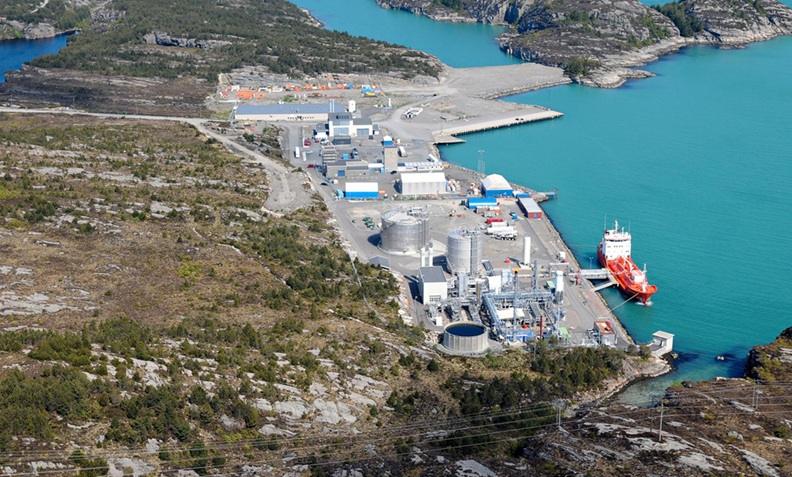EU Lawmakers Reach Deal on New Regulation to Scale Clean Tech Industries
Lawmakers in the European Parliament and Council announced today that they have reached a provisional agreement on the Net Zero Industry Act (NZIA), a new regulation aimed at scaling up clean technology industrial capabilities and capacity across Europe.
The agreement follows the introduction of the proposed NZIA by the European Commission in March 2023, forming one of the key elements of its Green Deal Industrial Plan strategy to enhance the competitiveness of Europe’s net zero industries, and supporting the EU’s transition to climate neutrality.
The proposal included a series of measures aimed at scaling up the manufacturing of technologies key to achieving climate neutrality, and establishing a goal for at least 40% of the annual deployment needs for strategic net zero technologies to be manufactured in the EU by 2030.
The act supports 8 specific technologies, including solar photovoltaic and solar thermal technologies, onshore wind and offshore renewable energy, batteries and storage, heat pumps and geothermal energy, electrolyzers and fuel cells, biogas/biomethane, carbon capture and storage (CCS), and grid technologies, and details a series of targeted actions to support their development in the EU, including streamlining permitting processes, setting an objective to reach 50 million tonnes of annual CO2 storage by 2030, and introducing sustainability and resilience criteria in public procurement and auctions, as well as setting up “Net-Zero Industry Academies” to support the development of a net zero skilled workforce.
Key aspects of the regulation adjusted in the agreement include changes to the streamlining of rules on construction permit procedures, establishing a maximum 18 months to deliver a permit for large net-zero technology manufacturing projects greater than 1GW, and 12 months for smaller projects, and with shorter deadlines for strategic projects.
The new agreement also promotes the development of net-zero acceleration “valleys,” or areas concentrating several companies involved in specific technologies, in order to create clusters of net zero-focused industrial activity.
The new rules would also regulate the use of schemes aimed at incentivizing the purchase of green technology products, in addition to defining sustainability and resilience contributions considered in public procurement procedures, establishing environmental sustainability contribution as a mandatory minimum requirement, and applying a resilience contribution criteria, with supply considered ‘not resilient’ if there is dependence on a third-country of more than 50% for a specific strategic net-zero technology.
With the achievement of the provisional agreement, the new rules will need to be formally adopted by the EU Council and Parliament before passing into law.
European Commission President Ursula von der Leyen said:
“The political agreement on the Net-Zero Industry Act is a significant stride towards realising our ambitious climate and economic objectives. It demonstrates our collective commitment to build a more sustainable, resilient and competitive industrial sector in Europe. Together, we are making the EU a global frontrunner in the clean energy transition.”





